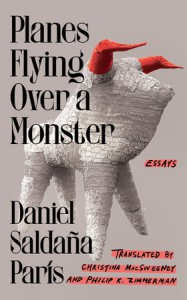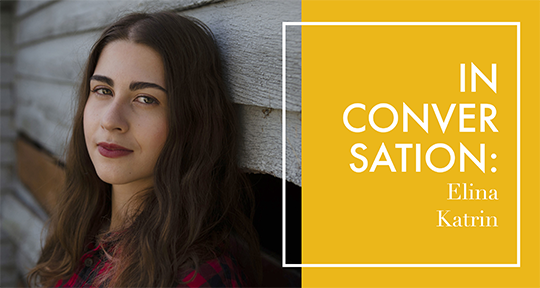In this week’s round-up, our editors discuss the continual relevance and essentiality of literary criticism, new projects to promote literature in translation, and a memoir that reneges on skepticism to embrace interconnectivity.
Xiao Yue Shan, reporting for China
Last week, the ceremony of the fourteenth Tang Tao Youth Literary Research Awards took place in Shanghai, honouring five young scholars and their articles in the field of criticism, with subjects ranging from the re-interpretation of classics to the analysis of contemporary intersections between textual practice and artificial intelligence. The list of awardees included Li Jing on academic systems and knowledge transformation in the digital age; Wang Xuesong on visual forms and the construction of new poetic genres; Han Songgong on the works of novelist Bi Feiyu and their analysis of human nature; Wang Bingzhong on Lu Xun’s The True Story of Ah Q and the procession of character development through spiritual awakening; and Li Zhuang on Cai Chongda’s “Hometown Trilogy” and the potentiality of literature being a point of stability amidst a fractured era.
The award, established by the National Museum of Modern Chinese Literature and given annually to scholars under the age of forty-five, has done much to nurture emerging critics and academics since its inauguration. Named after the great twentieth-century essayist, historian, and Lu Xun expert Tang Tao, the prize aims to promote innovation and passionate diligence in the field of literary studies—qualities that awardee Wang Xuesong saw as emblematic of youth itself, commenting that scholars should continually aim for the same persistence, enthusiasm, and warmth with which they began their careers (presumably before they’re crushed by the relentless pressures and depressions of academic bureaucracy).
Literary criticism can seem elitist at best and masturbatory at worst, but anyone who’s a fan will likely understand that the hermeneutics and analysis of texts are in fact interpretations and inquisitions into our most basic interests: life, reality, and the human desire for creation. To see how we continually re-engage with classical works and their sociohistorical context with the illumination of contemporary understanding, or to gauge how our faculties of intelligence and critical thinking may be altered or recalibrated with technological developments—these are pivotal questions that move beyond the page to address themes of social conflict, societal evolution, and the ever-changing modes and methodologies of expression. In substantiating the importance of these practices, judge and professor Chen Sihe noted: ‘AI has created a greater expectation for the humanities, and only when our studies prove themselves to be irreplaceable, can they have an independent and individual existence.’ It calls into question what would qualify literary criticism to be seen as irreplaceable in the greater scope of things; anyone reading this, or anyone present for Chen’s speech that evening, would certainly agree that these studies already are irreplaceable—after all, what’s more worth studying that our most integral art of communication?—but as the underfunding of the humanities continues the legacy of scholars working in uncertainty and abject poverty, and the monstrous figure of AI continues to encroach, the growing smallness of our minority cannot be denied. READ MORE…









